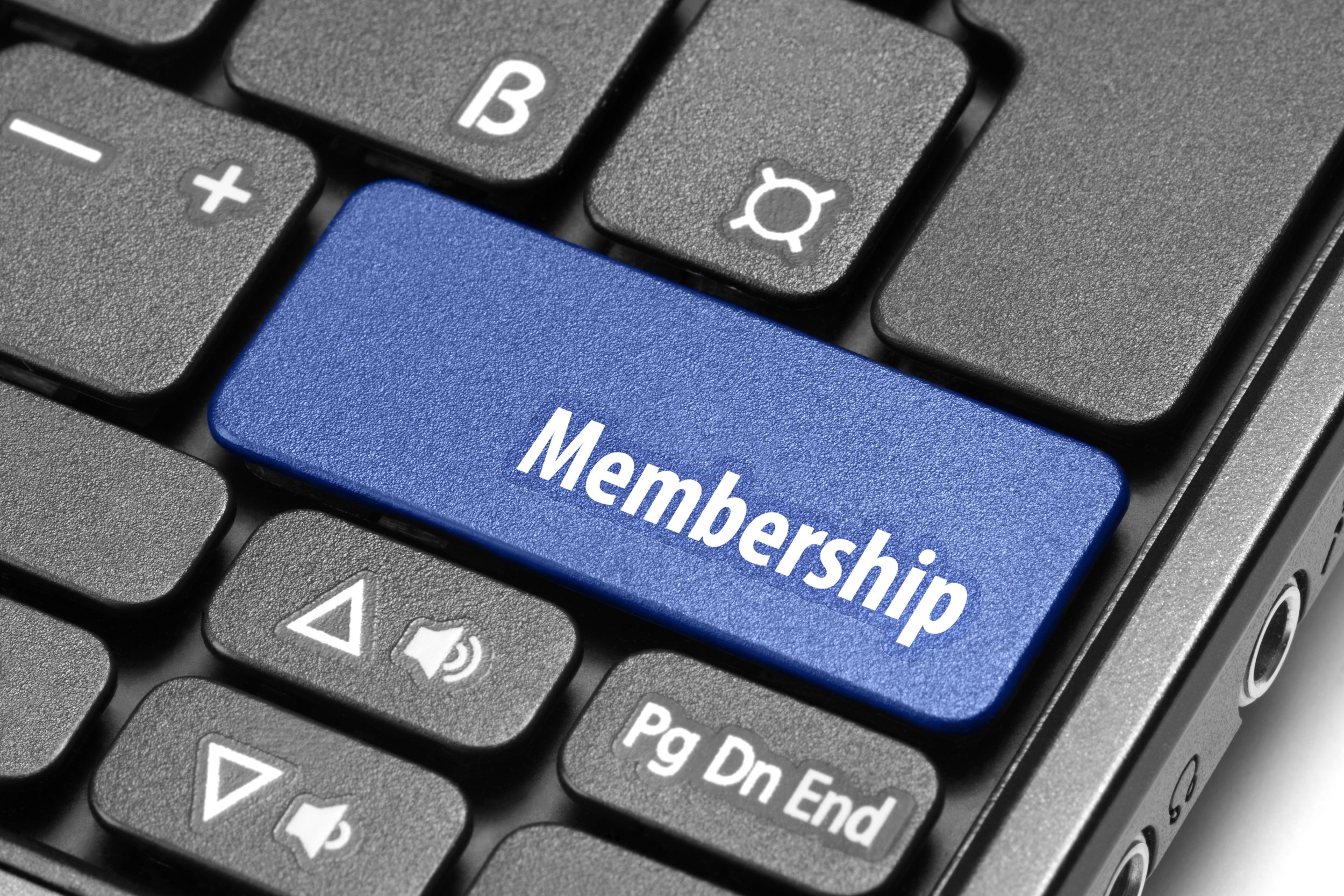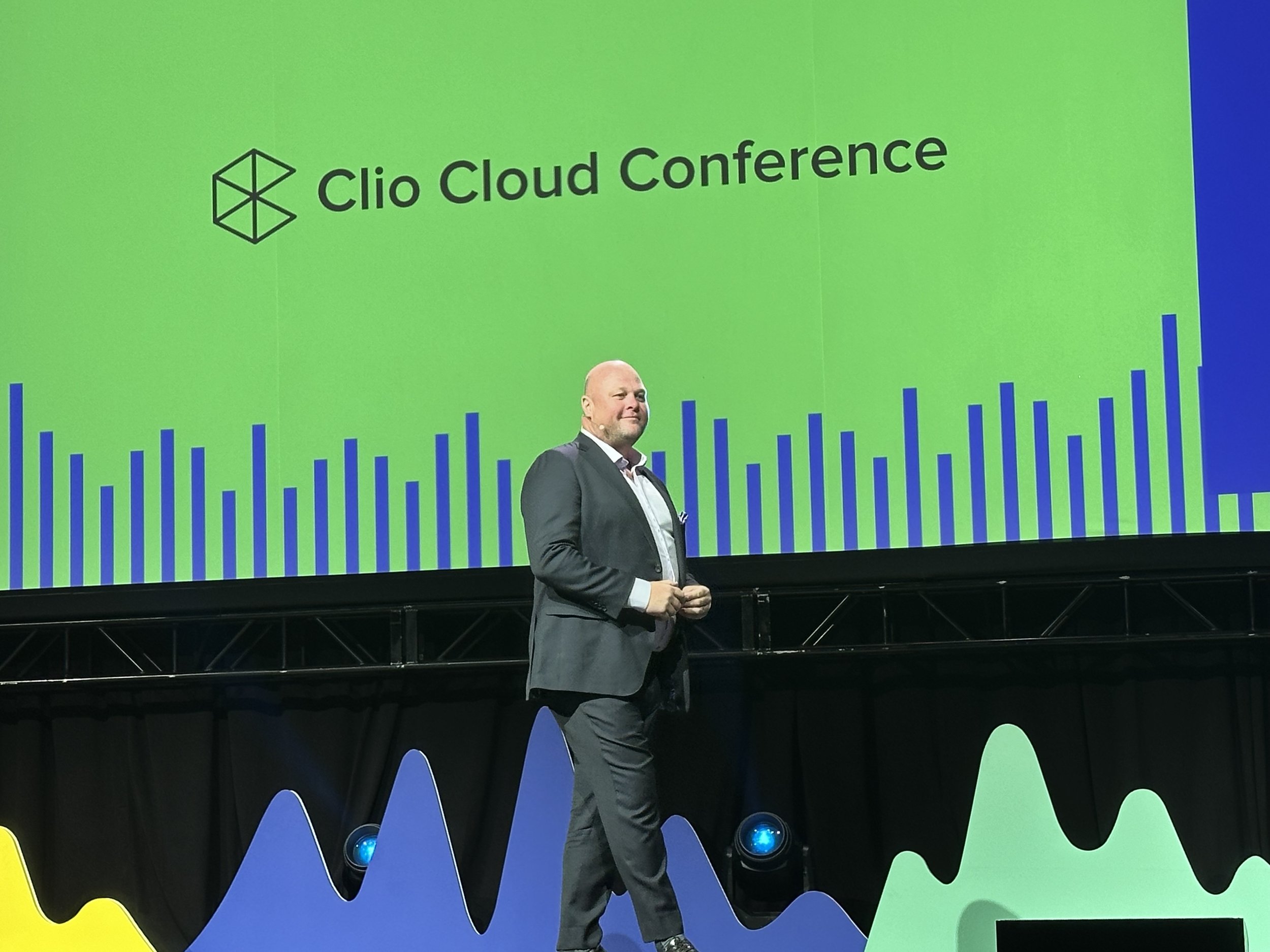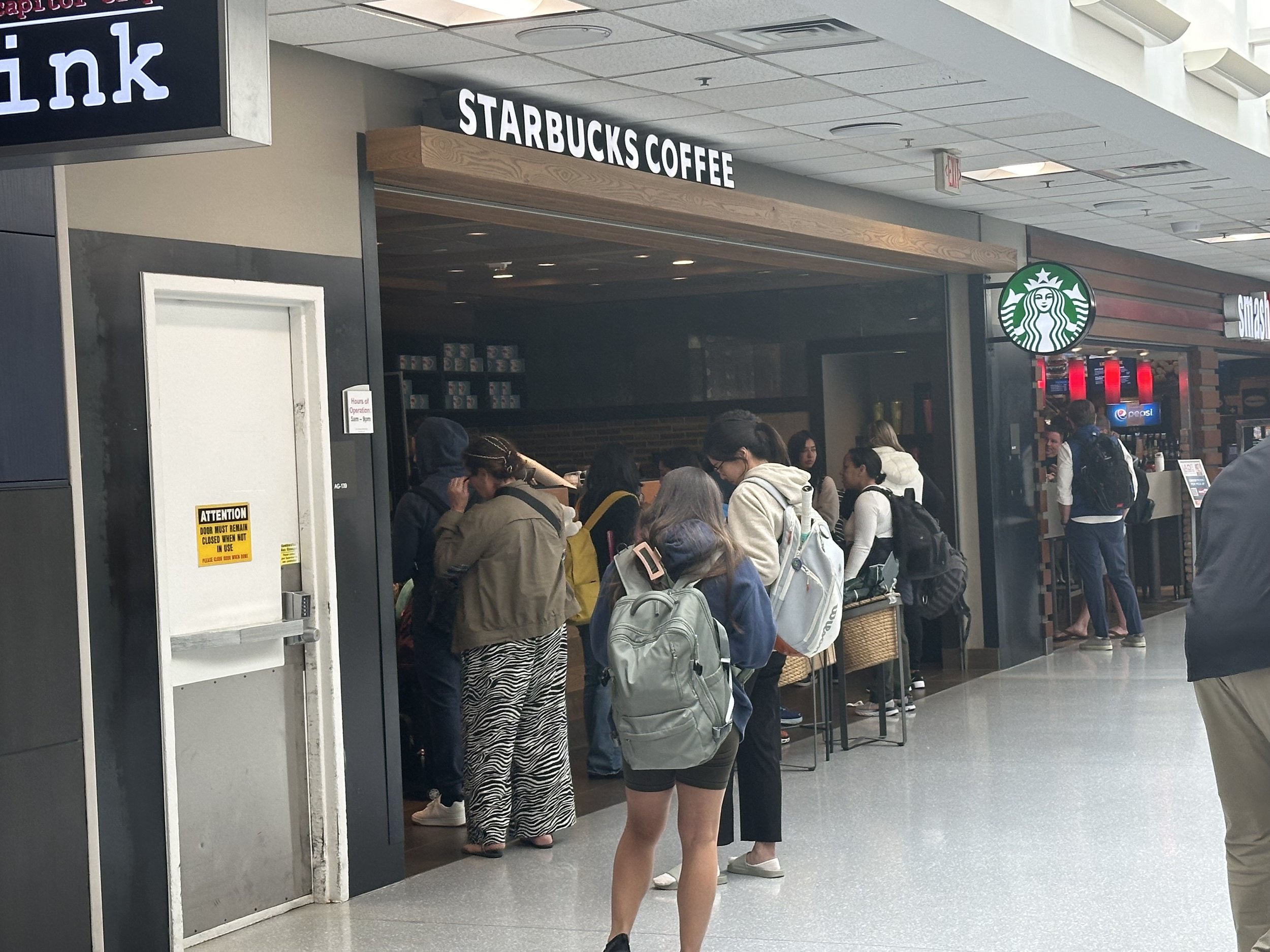#74: Empowering Lawyers with Legal Tech: Interview with Eda Rosa
/My guest today, Eda Rosa, is the driving force behind Eda Rosa LLC. She is a highly accomplished professional in the legal field. With over 20 years of experience, she specializes in training individuals who are not lawyers, offering expert consulting services to law firms nationwide. Eda's primary mission is to empower legal professionals and equip them for career advancement through various platforms. She strongly emphasizes continuous learning and professional development, recognizing its critical role in the legal industry. During our interview, we discuss the most up-to-date tools and industry best practices that bridge the technological gaps, ultimately facilitating a more streamlined and efficient legal practice.
Enjoy!
Join Eda and me as we discuss the following three questions and more!
Eda and i discuss the most up-to-date tools and industry best practices that bridge the technological gaps, ultimately facilitating a more streamlined and efficient legal practice!
What are the top three ways attorneys can use technology to onboard new staff easily and consistently?
What are the top three areas in tech that lawyers, paralegals, law clerks, and office staff still lack in their use of technology?
What are the top three ways paralegals, law clerks, office staff, etc., can use technology to make their lawyers' work easier?
In our conversation, we cover the following:
[01:03] Current tech setup
[11:02] Using technology for legal staff onboarding
[13:34] Video conferencing and communication tools for legal professionals
[16:37] Password management and security for law firms.
[22:48] Addressing knowledge gaps among legal professionals
[25:10] Software hacks for paralegals and lawyers.
[28:31] Writing tools for legal documents.
[31:55] Using technology to make lawyer work easier.
[37:36] Virtual hearings, meetings, and case preparation.
[39:10] Legal technology and process optimization.
Resources:
Connect with Eda:
Website: edarosallc.com/
LinkedIn: linkedin.com/in/eda-rosa-law
Hardware mentioned in our conversation:
Google Password Manager: passwords.google.com/
Google Pixel smartphone: store.google.com/category/phones
Google Pixel smartwatch: google.com/product/pixel_watch_2?hl=en-US
HP Envy laptop: hp.com/us-en/shop/mlp/laptops/envy-344503--1
HyperX podcasting microphone: hyperx.com/collections/microphones
Logitech Presentation clicker: logitech.com/en-us/products/presenters
StreamYard: streamyard.com/
Software & Cloud Services mentioned in the conversation:
Adobe Cloud: adobe.com/creativecloud
Asana: asana.com/
Clio: clio.com/
Google Cloud: cloud.google.com/
Hazel: noodlesoft.com/
LexisNexis: lexisnexis.com/en-us/home
Microsoft Office 365: office.com/
MyCase: mycase.com/
Nextiva: nextiva.com/
PackBack: packback.co/
Speechify: speechify.com/
TextExpander: textexpander.com/
Trello: trello.com/
TrialPad: litsoftware.com/trialpad
Wise Hire: wise-hire.com/
WordRake: wordrake.com/


























